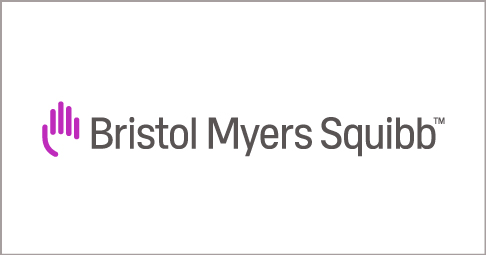Success stories
A force for change
Together with our grantees, the BMS Foundation has provided hope for patients for decades. Read and watch the stories of patients and healthcare providers who have benefited from the work of our grantee organizations.







